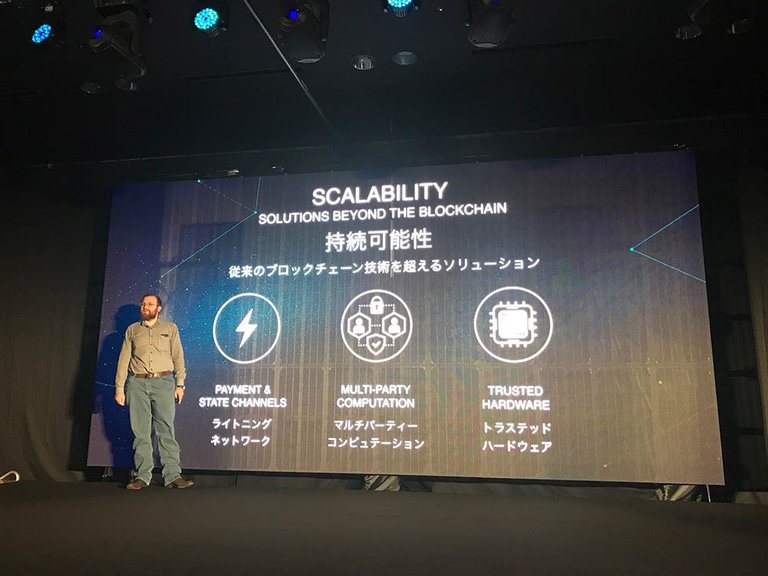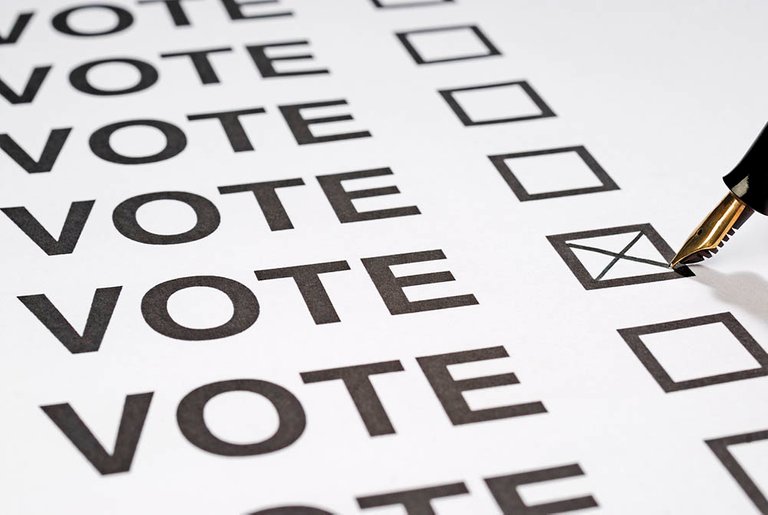Cardano is also called the "Ethereum killer". Like Ethereum, it uses a blockchain model together with smart contracts and uses tokens. But where Ethereum is a second generation blockchain, Cardano is known as a third generation blockchain and has been able to look at Ethereum and then make improvements. These are the five reasons for whether or not to go for Cardano.
Rigorous code test
Cardano is proud to be the first platform to use open source code, which is peer reviewed. We know how important it is that the code is all right and that there are no weaknesses and bugs. If that is not the case, it can lead to all sorts of catastrophic problems. Just think of the DAO hack at the old Ethereum, where millions of euros were stolen from coins and the value of ether also immediately dropped. To prevent such a situation, Cardano has a network of scientists and researchers who first rigorously tested the various protocols and together developed a more advanced blockchain. For example, this same process also undergoes the code of aircraft protocols.
Separated smart contracts
When a transaction takes place, different data must be recorded. Bitcoin only records who the coins are from, to whom they have to go, how many coins are transferred and when this happens. All this information is stored together. Ethereum adds so-called metadata in the form of smart contracts, where there is additional information about, for example, what the conditions of the transaction are. The metadata is saved together with the information about the sender etc. What Cardano distinguishes in is that the core information of the transaction is separated from the smart contracts. The CSL layer stores the number of tokens from wallet A to B and in the CCL layer all smart contract functions are saved and possibly information about the digital identity of the parties. That has several advantages. Firstly, the privacy of transactions can be guaranteed, because transactions can be executed without the metadata, which for example is processed by Ethereum as standard in the transactions. Secondly, at Cardano it is also easier to make updates to, for example, expand the network, without problems with balances or that suddenly no transactions can be carried out. The updates could only relate to the computational CCL layer and leave the administrative CSL layer alone.
Proof-of-stake model
At Cardano, the proof-of-stake model will be used, instead of Bitcoin's proof-of-work system. This means, among other things, that there is no mining and no gigantic amounts of energy are consumed. Rewards are not paid depending on how much computing power you have contributed, but depending on how many tokens you have. The proof-of-stake model of Cardano would also be extra safe. It would be the only proof-of-stake protocol with mathematically proven safety. Like the other protocols, the peer review of the code also takes place here again. Among others, the University of Edinburgh, University of Connecticut and the Tokyo Institute of Technology would have contributed to the development of the code.Democratic voting system
One of the possible drawbacks of Cardano is that it wants to implement a blockchain voting system, whereby holders of tokens can vote with regard to the future of the blockchain. There would be a kind of library where upgrades and modifications can be proposed and token owners can vote for or against. If a certain percentage is ahead, the change is added. A disadvantage of this is that implemented blockchain features are very difficult to reverse and that token holders are not necessarily experts with regard to the blockchain. An advantage is that splits, such as Ethereum and Ethereum Classic, are unlikely to occur. Because people are allowed to join in and vote on changes, they will feel heard and have less of a tendency to split off. With this system, the board is decentralized and decisions are not only taken by a handful of developers. But the people who make the decisions have to know what they are talking about.
Cardano features have yet to come
Another drawback to Cardano (for the moment) is that not so many features are available yet. There are many plans for future features, but all of these have yet to be implemented. In the second quarter of 2018 a big new release is planned, with many new features to come. Among other things, the proof-of-stake protocol, the voting system and a wallet update should be part of the game.
These were 5 reasons why or why not to invest in Cardano. Be sure to check out my last post about Stellar as well: https://steemit.com/cryptocurrency/@jesseve/5-reasons-to-or-not-to-invest-2-stellar-xlm and don't forget to follow me for more! :)